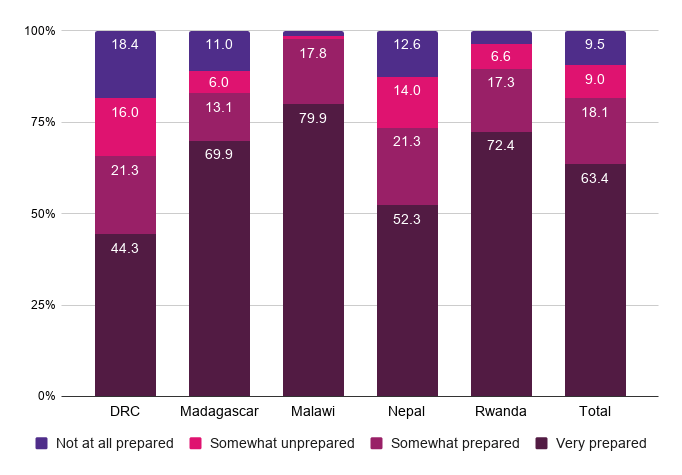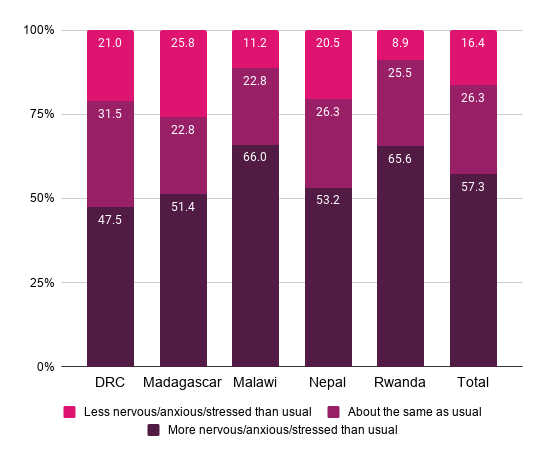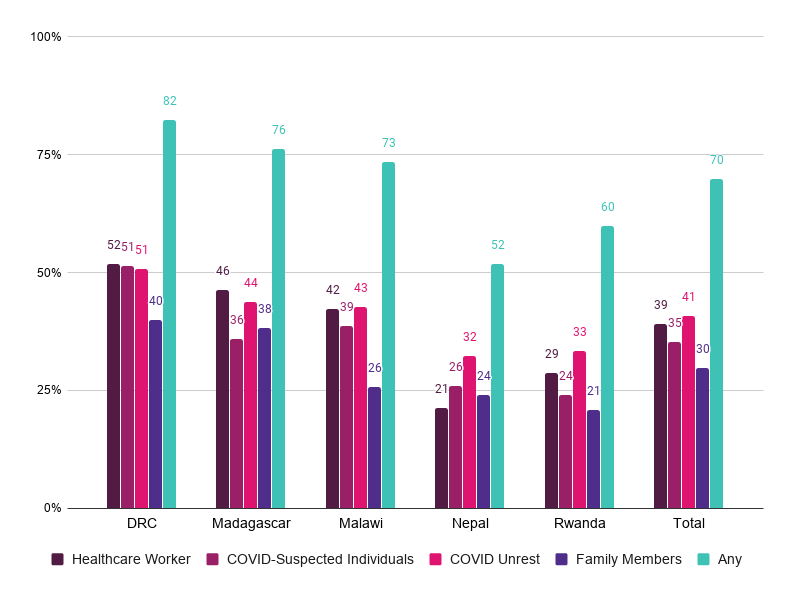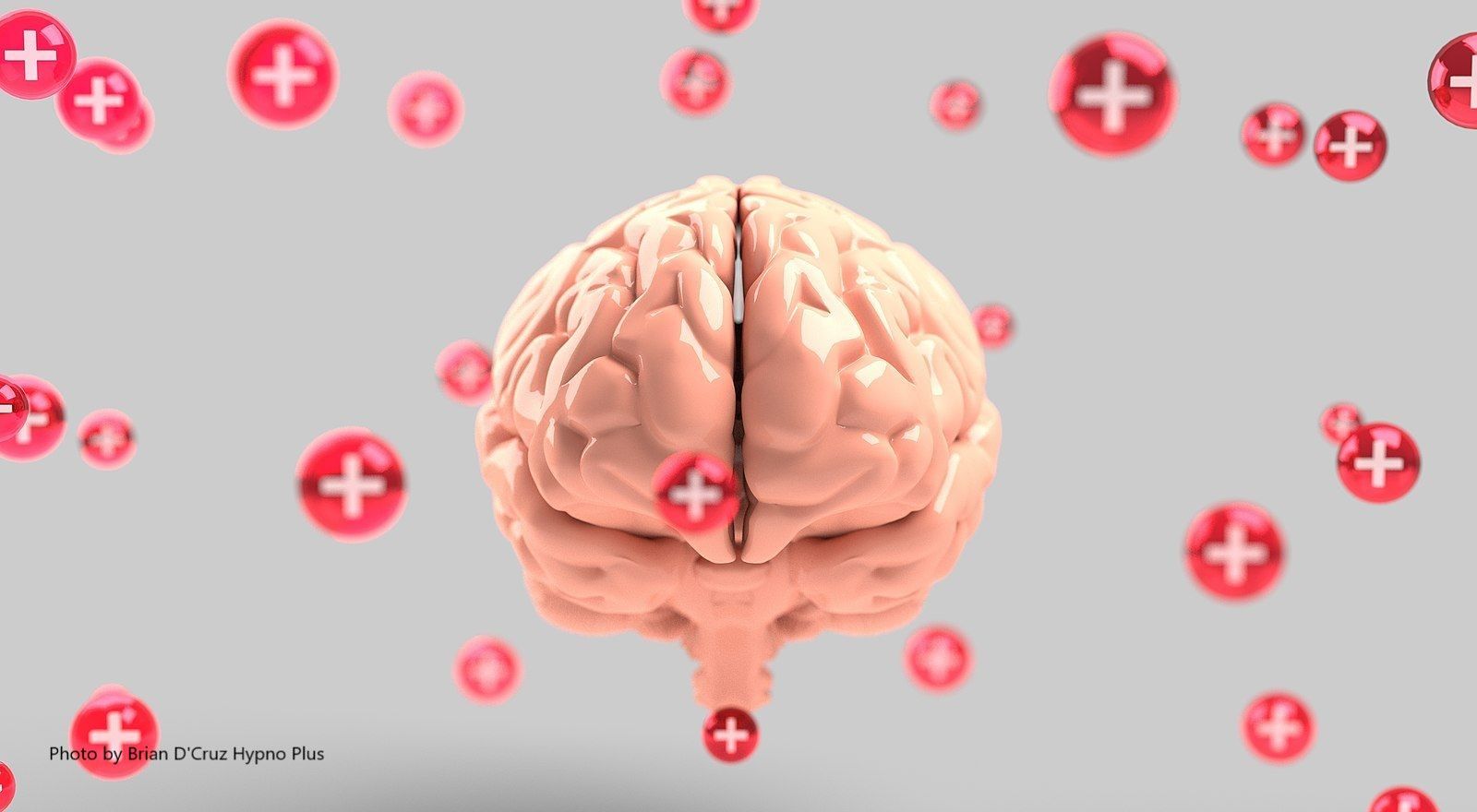Photo by Brian D’Cruz Hypno Plus
As COVID-19 has emerged into a global pandemic, the World Health Organization has noted that uncertainty regarding the pandemic can breed fear and anxiety. Other rapid shifts have included transitions to working from home, lack of physical contact with family members, friends and colleagues, and disruption of even basic tasks. As a result, experts cite a greater risk of a variety of COVID-related emotional responses, including fear, boredom, loneliness, anxiety, insomnia or anger.
From our report series based on Viamo’s 3-2-1 Service COVID-19 Survey, we share with you our findings about the impacts that COVID-19 has had on mental health and violence.
In partnership with researchers from Tulane University School of Public Health and Tropical Medicine Viamo developed 12 separate questionnaires, each addressing a specific COVID-related topic (knowledge of COVID-19, attitudes towards the pandemic, preventive behaviors, motivation, impact on food security, income, mental health, etc.). We implemented the surveys in the Democratic Republic of Congo, Nepal, Madagascar, Malawi, and Rwanda. Results presented here are from Wave 1 of the Survey, collected in May.
3 Key Takeaways on Mental Health and Violence Impacts
1. People feel prepared to handle COVID-19: 82% of those surveyed across five countries reported that they felt somewhat or very prepared to handle the virus. The feeling of preparedness varied across countries, from only 44% of households in the DRC saying that they were “very prepared” to 80% of households in Malawi noting the same.
Percentage distribution of respondents by self-reported level of COVID-19 preparedness

2. Mental health has suffered as a result of the pandemic: 57% of respondents report feeling more anxious or stressed than usual because of COVID-19. Respondents in many countries report greater anxiety, increased sadness or loneliness, and greater anger as a result of the coronavirus.
Percentage distribution of respondents by self-reported level of anxiety about coronavirus

3. The pandemic has been associated with dramatic increases in reported violence: This includes violence towards healthcare workers, violence against those suspected of having COVID-19, general unrest, and violence against family members.
Percentage of respondents who reported hearing about violence: against healthcare workers, against COVID-suspected individuals, related to COVID-unrest, and against family members

We want to partner with organizations that are interested in increasing the depth and scale of this data collection exercise. We are also looking for partner organizations that can help us take action on some of the challenges surrounding mental health during the pandemic that have been highlighted by these results. Thank you in advance for your partnership and we look forward to sharing more highlights from the 3-2-1 COVID-19 Survey.




